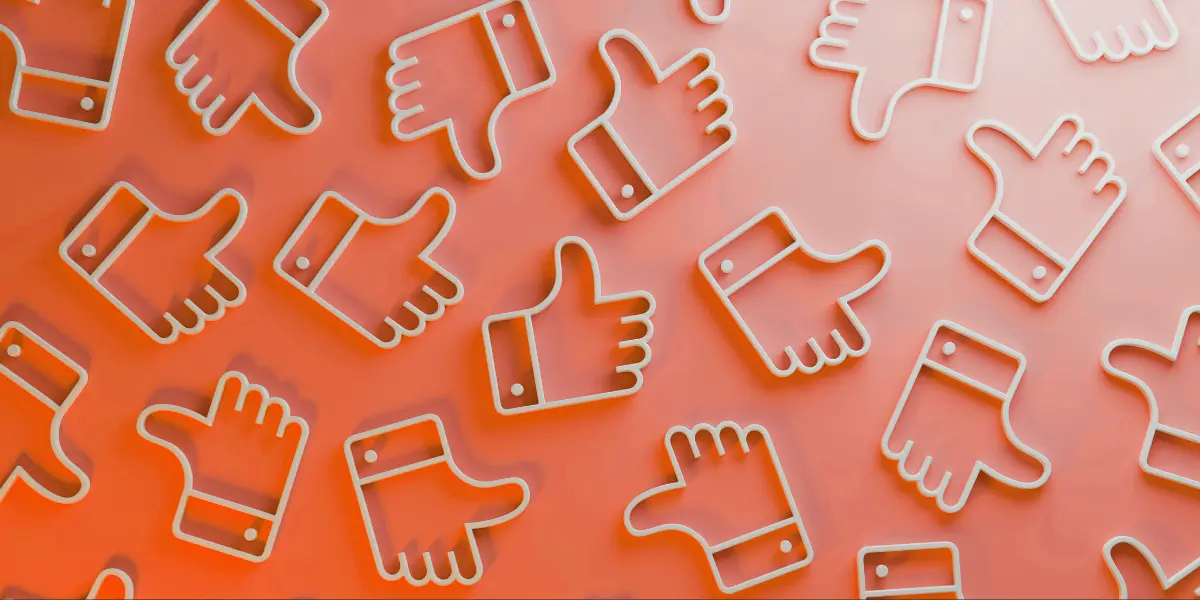The game development scene has never been more accessible or inclusive. The tools needed to start learning the basics of dev are now available to pretty much anyone. Resources like Twine, GameMaker, or even Unity are just a few clicks away – often costing as little as zero pence.
The result of this has been a buzzing indie scene, with one or two person studios springing up to make and share their creations with potentially huge audiences around the world. With even the main players in the console race making overtures to the indie scene, we’re seeing more and more critical and commercial success stories from small studios. Sam Barlow’s Her Story scooped up a hat-trick of BAFTAs this year (Debut Game, Game Innovation, and Mobile & Handheld), while Psyonix’s Rocket League is possibly the most inspiring story to date, with the game achieving phenomenal success after a free giveaway on PlayStation Plus in 2015.
One of the results of this new found hysteria is a creatively exciting development landscape. However, due to it’s popularity, things can sometimes feel a little crowded. Where release schedules used to boast a couple of titles per week, the list can swell to enormous proportions these days.
So how is an indie developer supposed to get themselves out there in this climate? Let’s explore the ways that social media can be used for communications.
Don’t Spread Yourself Too Thin
The focus in the early days should be on building your community. As such, it can be hard to maintain too many channels at a time – certainly with a small team on hand. With Twitter, Facebook, YouTube, Steam forums, your own website (perhaps with its own forum) and more to monitor, your time can easily become taken up by checking in on these instead of actually developing your product.
In the early days, consider launching with just a channel or two, making it clear that these are the places your community can check in with you. Twitter and Facebook are ideal platforms on which to get started, building your audience before launching a million and one social channels.
Remember, You Are Not Ubisoft
Tone of voice is so, so important. As a small team, it’s important to relate to your community in the most appropriate fashion. You’re not a corporate giant like Ubisoft or Activision (just yet!) so be sure to engage with and speak to your followers. Never be shy about discussing elements of your game that you’re particularly excited about. But at the same time don’t feel pressured into divulging anything you don’t feel comfortable with.
A good piece of advice for smaller devs would be to remain friendly and approachable, while maintaining some kind of professional distance. Don’t go promising people the world. You may feel confident that you’re going to create a sprawling open-world experience to rival The Witcher 3, and that ambition is great – encouraged, even – but keep it in the meeting room until you have something tangible to share. Few things shake faith like broken promises, so instead always focus on over-delivering, rather than under-promising.
Twitter has massive potential as a customer support tool thanks to the instantaneous and concise nature of its communications. It’s also probably the place to garner followers the quickest. Twitter will be a great source for quick-response tech queries, as well as an immediate tool with which to redirect more complex issues. This is invaluable, particularly in the early access market.
Facebook is where you can get very visual, sharing sneak peeks, having more indepth discussions with players, and organising events both in-game and out. The audience will likely be highly engaged, so don’t be shy about giving them a call to action – ask questions, encourage them to share their thoughts and experiences, and be sure to foster that sense of community that is so important in the games industry.
There is no need to go for the hard sell – once again, you are not a AAA studio, so there’s no need to act like one. Instead, look to foster an environment where sales and shares will happen organically. Goodwill is extremely important in this rodeo.
YouTube/Twitch
Video is absolutely vital to any smaller player in the games world. The success of Markus ‘Notch’ Persson with Minecraft, the baffling but brilliant Goat Simulator, and the meteoric rise of eSports all have roots in Youtube or Twitch. While the very best results will come when a massive influencer notices and shares your game on their own channel, there’s real value in maintaining an official outlet.
YouTube will let you show off new assets, trailers, and dev logs in a controlled environment, while running an official Twitch channel can open so many doors. Streaming your own game brings the attention of more streamers - all you need is the next Pewdiepie to be on the hunt for a game to take them to the next level, and it’s game on. Of course, the underpromising rule still applies, but the bottom line is – don’t be shy, get yourselves out there!
Steam
If you’re on PC, then you’re going to want to be on Steam. It’s the largest game distribution platform in the world, and includes built-in tools which are designed to directly communicate with the hordes of players out there just waiting to check out what you’ve been crafting at your desk for the last year. However, there is a vital code of conduct to be adhered to here. Steam forums can be notoriously vicious, so the temptation will always be there to dive in and defend your creative decisions, but be wary.
Always weigh up the PR implications of getting into a fight online against the scoring of a few points against a disappointed gamer. Efforts should be focused on using the suite of tools the platform provides, such as announcements and events. If a hundred potential players are following you prior to release, only to see a pop-up announcing a live stream of some new, unannounced content in the next few hours, then you’ve got an exciting event on your hands. Explore Steam to its full potential, but follow the two golden rules – No spam, and absolutely no fighting.
Of course, these are just a few of the benefits that social media can have for a new game developer just starting out. We’ll spare you the dissertation for now, but needless to say there is such a huge depth of potential out there in the social media space.
By Sam Faulkner, social media manager




